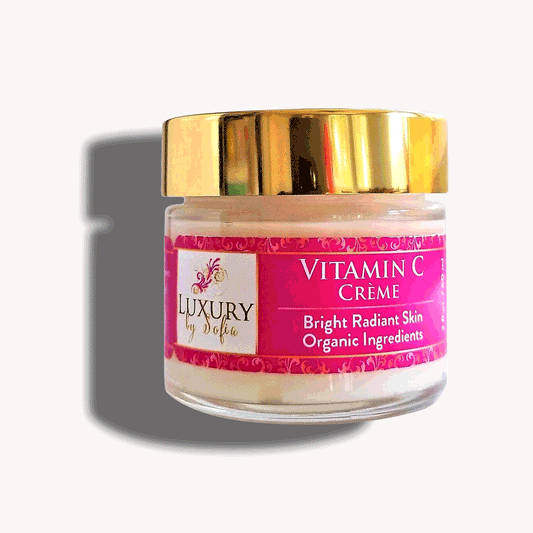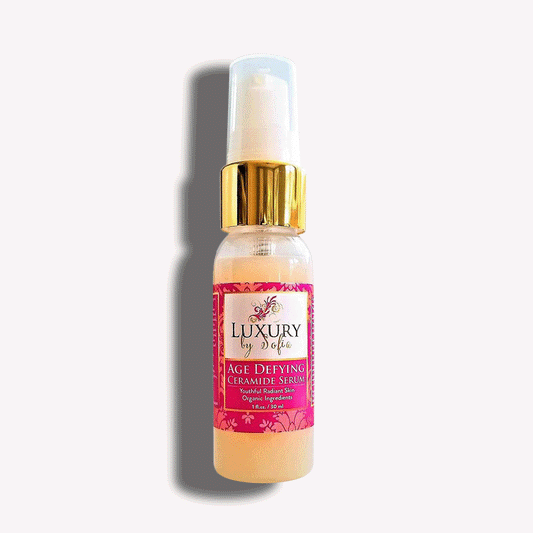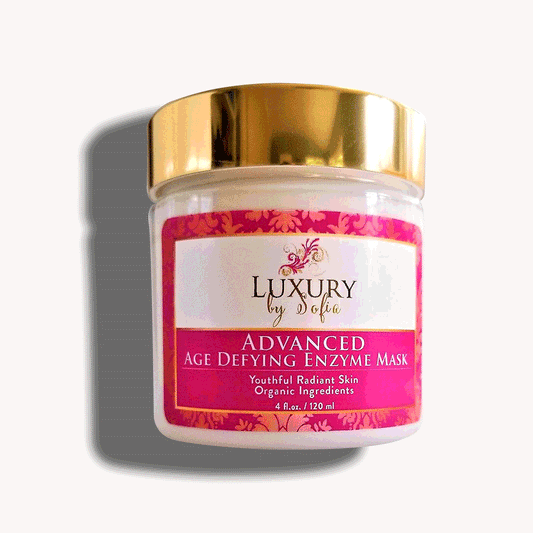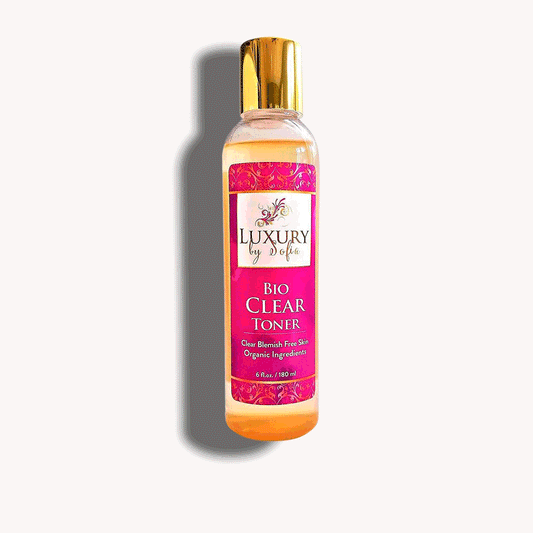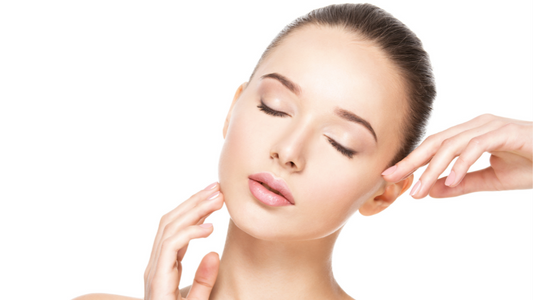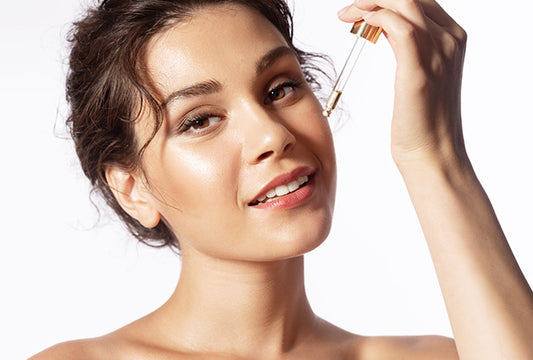Keeping acne at bay can be a constant battle for those with acne-prone skin. Along with a good cleansing and moisturizing routine, incorporating a toner into your skincare regimen can make a significant difference. Toning is often overlooked, but its significance should not be underestimated. In this blog post, we will explore the importance of toning in acne-prone skincare.

What Is Toning?
Toning is the second step after cleansing the face. It involves using a toner, which is a liquid product designed to be applied to the skin using a cotton pad or by spritzing directly onto the face. Toners typically contain a combination of ingredients that aim to balance the skin's pH level, remove any remaining impurities, and prepare the skin for subsequent steps in the skincare routine.
Why Is Toning Essential For Acne-Prone Skin?
- Balancing pH Levels: The skin's natural pH balance plays a crucial role in maintaining its overall health. When the pH level is imbalanced, it can lead to various skin issues, including acne. Toners help restore the skin's pH balance, which is especially important for acne-prone skin that is often more acidic. By bringing the skin's pH back to its optimal range, toning creates an environment less favorable for acne-causing bacteria to thrive.
- Removing Residual Impurities: Even with a thorough cleansing routine, there can be traces of dirt, makeup, or excess oil left behind on the skin. Toners pick up where cleansers leave off, removing any remaining impurities from the skin's surface. By doing so, toners help prevent clogged pores, which are a breeding ground for acne-causing bacteria.
- Enhancing Absorption: Acne-fighting products often follow the toning step in a skincare routine. Toning helps prepare the skin for better absorption of these subsequent products, such as serums or acne treatments. When the skin is properly toned, it becomes more receptive to the active ingredients present in these products, maximizing their effectiveness in targeting acne and preventing future breakouts.
- Hydration and Oil Control: Many toners are formulated with ingredients that provide hydration to the skin without clogging pores. Acne-prone skin often suffers from a delicate balance between excess oil production and lack of moisture. Toners that offer lightweight hydration help tackle this issue, reducing the need for the skin to compensate by producing more oil. By keeping the skin adequately moisturized, it creates an environment less conducive to acne formation.
How To Choose The Right Toner For Acne-Prone Skin?
When selecting a toner for acne-prone skin, it is essential to choose products that are alcohol-free and non-irritating. Look for toners with ingredients like witch hazel, salicylic acid, tea tree oil, or niacinamide. These ingredients not only help combat acne, but also provide soothing and anti-inflammatory properties for the skin.
Try Now: Organic Acne Face Toner
Conclusion
Toning is a vital step in any skincare routine, especially for those with acne-prone skin. By balancing pH levels, removing residual impurities, enhancing absorption, and providing hydration and oil control, toners play a significant role in improving the overall condition of acne-prone skin. Incorporating the right toner into your skincare regimen can be a game-changer, helping you achieve a clearer and healthier complexion. So, don't skip the toning step if you're looking to keep acne under control!

